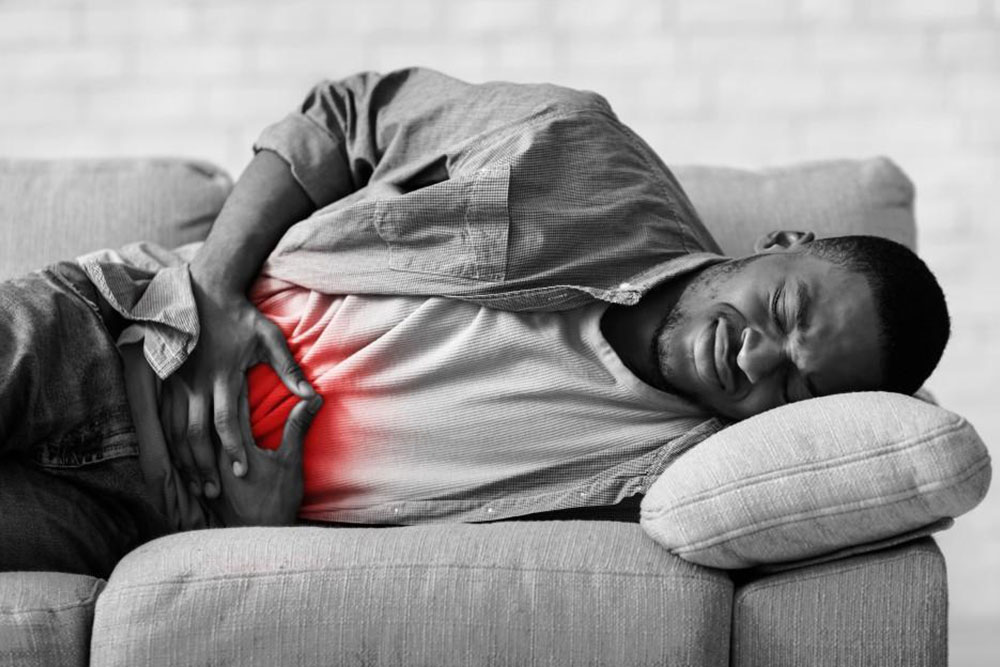Expert Treatment for Neuroendocrine Tumors by Dr. Bharat Pothuri
Dr. Pothuri uses a step-by-step approach:
Medical History and Physical Exam
He reviews your symptoms (epigastric pain, flushing, diarrhea), family history of NETs or MEN syndromes, and any hormone-related signs.
Laboratory Tests
Blood and urine assays measure hormone levels and tumor markers such as chromogranin A, serotonin metabolites (5-HIAA), gastrin, insulin and others.
Imaging Studies
- CT scan of the abdomen and pelvis to locate primary tumors and assess lymph nodes.
- MRI for detailed soft-tissue contrast, especially in the liver and pancreas.
- Functional imaging (Gallium-68 DOTATATE PET/CT or octreotide scan) to map tumor spread and receptor status.
Endoscopy and Tissue Sampling
An endoscopic ultrasound (EUS) or colonoscopy allows direct visualization of the tumor and guided biopsy to confirm the diagnosis and grading.
Frequently Asked Questions
What is the survival rate for neuroendocrine tumors?
Survival varies by tumor type, location, and stage. Many patients with early-stage NETs live for many years. Dr. Pothuri will review your specific prognosis and treatment goals.
Can diet help control NETs?
A balanced, nutrient-rich diet can help manage symptoms like diarrhea and flushing but cannot replace medical treatment. Dr. Pothuri can recommend meal plans to support your therapy.
How often should I come back for follow-up?
Most patients return every 3-6 months for blood tests, hormone panels, and imaging scans. Your schedule may be adjusted based on tumor behavior and treatment response.
Can NETs run in families?
Some NETs are linked to inherited syndromes such as MEN1. If you have a family history, genetic counseling and testing may be recommended to assess your risk.
Does insurance cover treatment?
Most major health plans cover NET diagnostics and therapies. Our billing team works with your insurer to obtain authorizations and minimize out-of-pocket costs.
Can I travel while being treated?
Generally, yes. We'll help you plan your treatment schedule around trips and provide guidance on medication storage, local medical resources, and managing symptoms on the road.
Are there support groups in Houston?
Absolutely. We can connect you with local NET support groups, patient education events, and online communities to share experiences and find encouragement.











